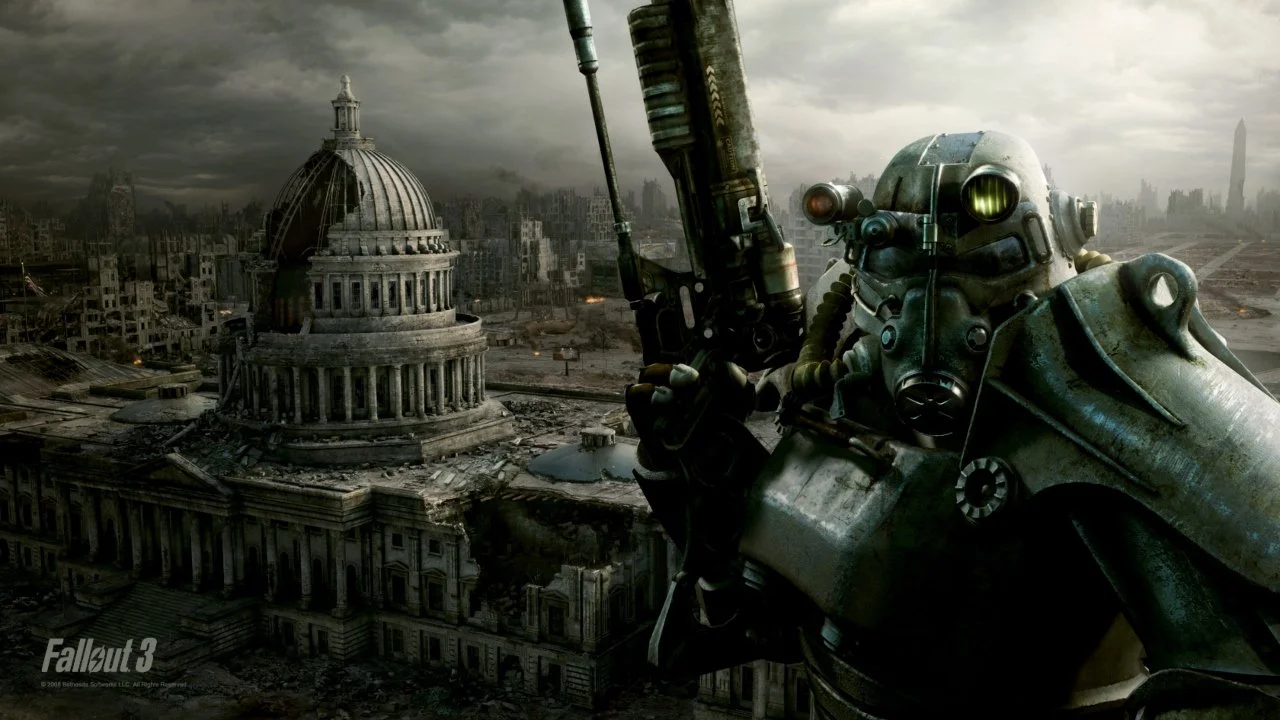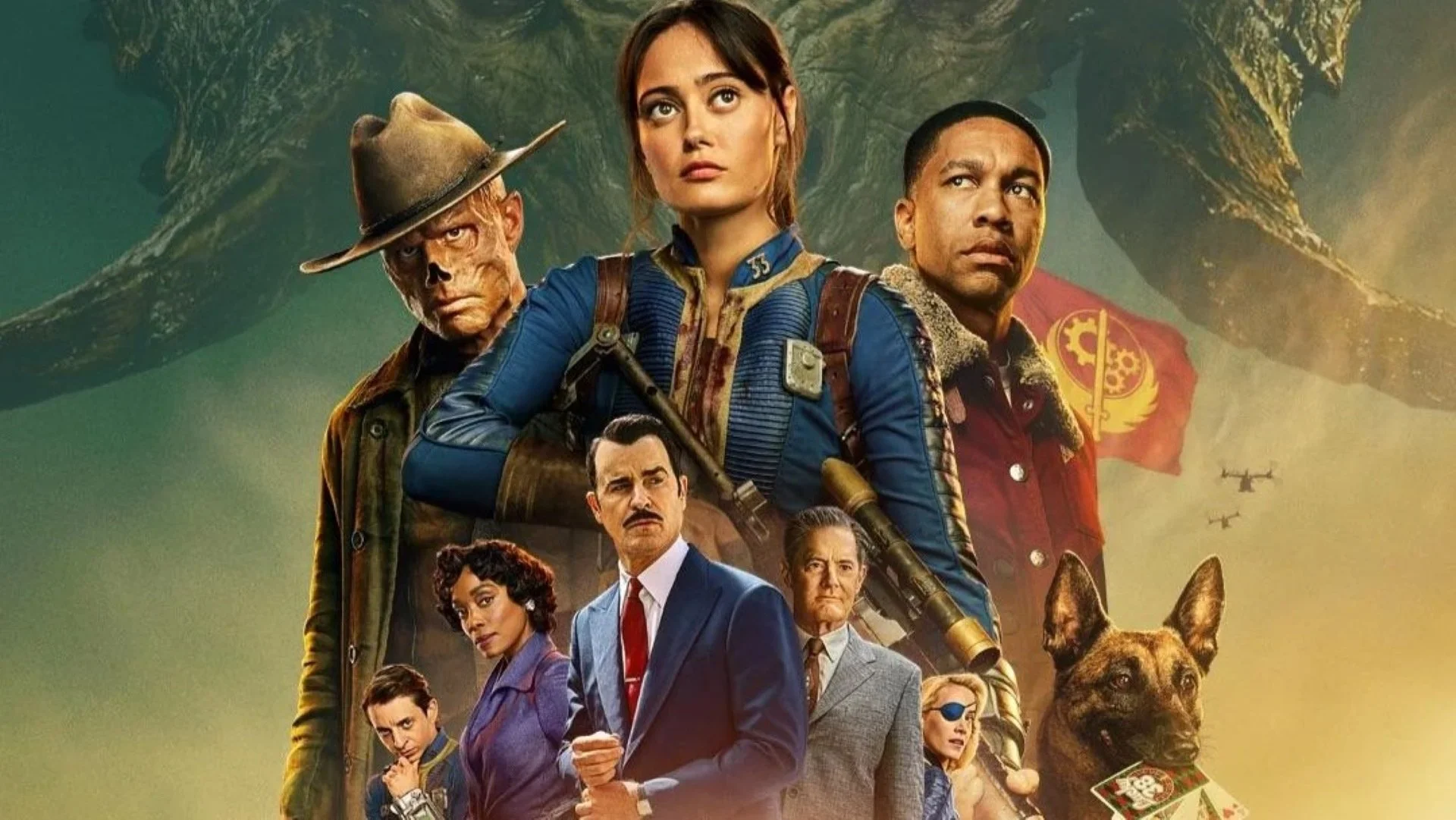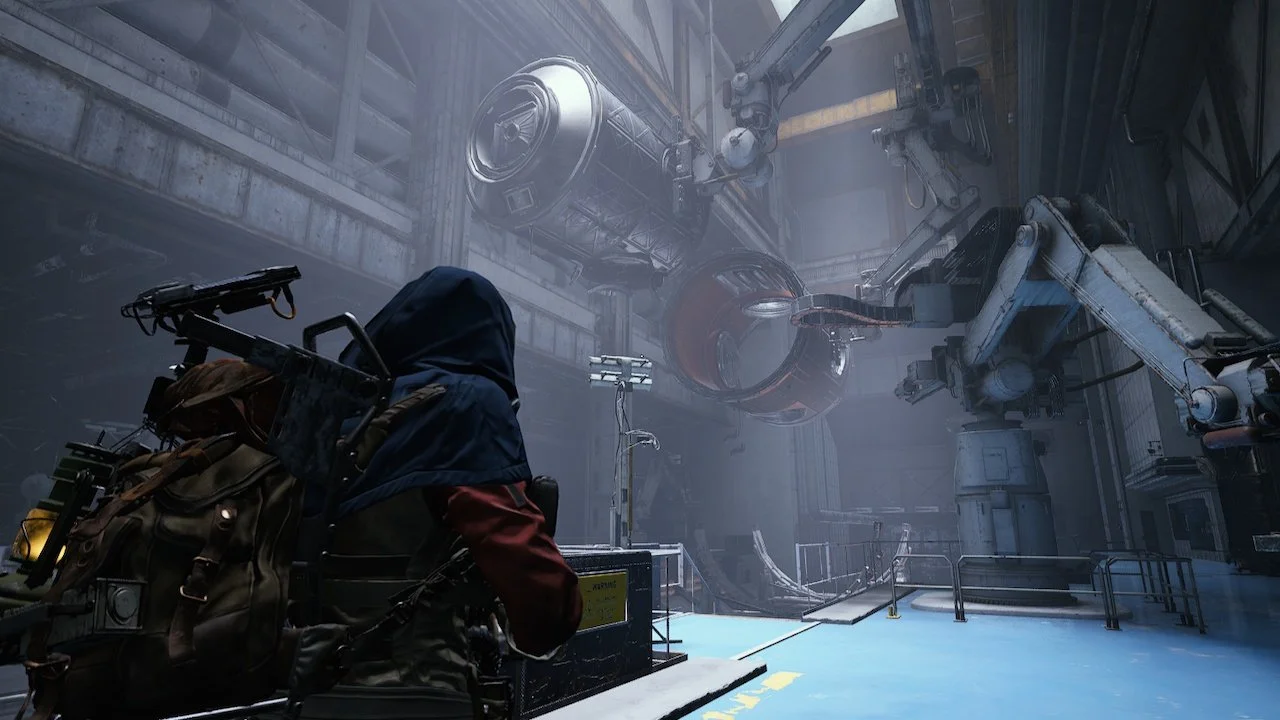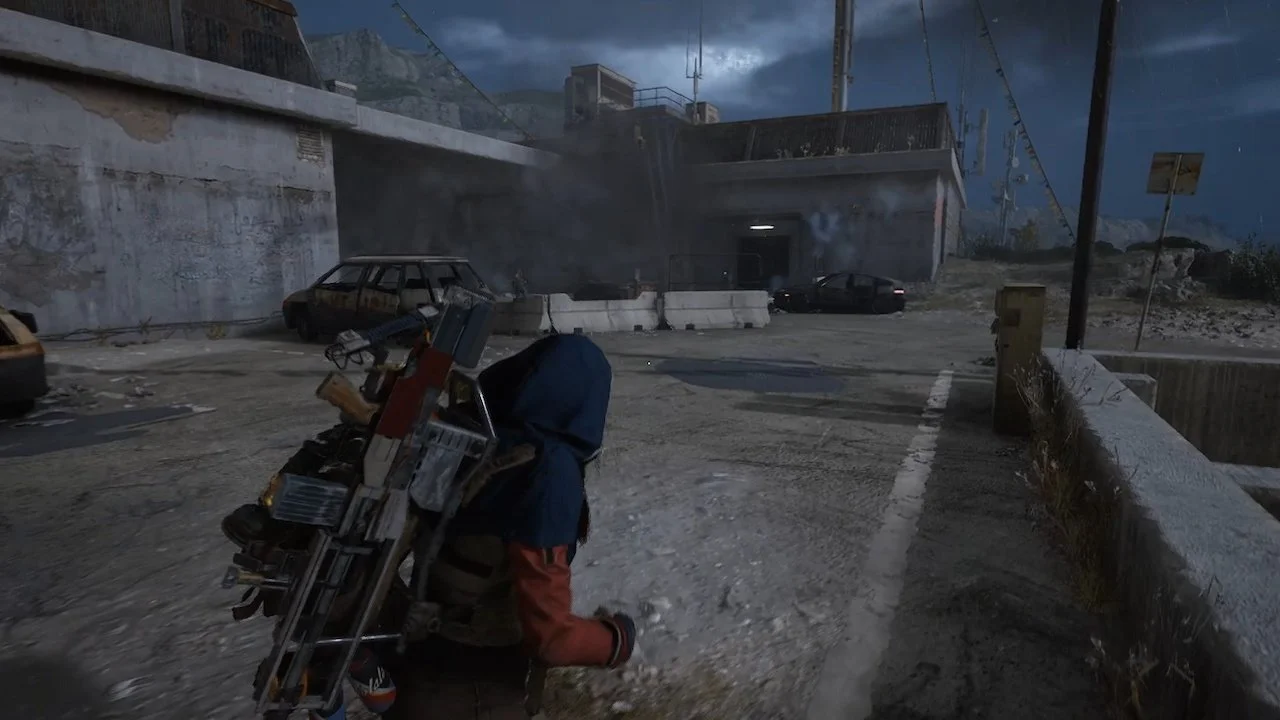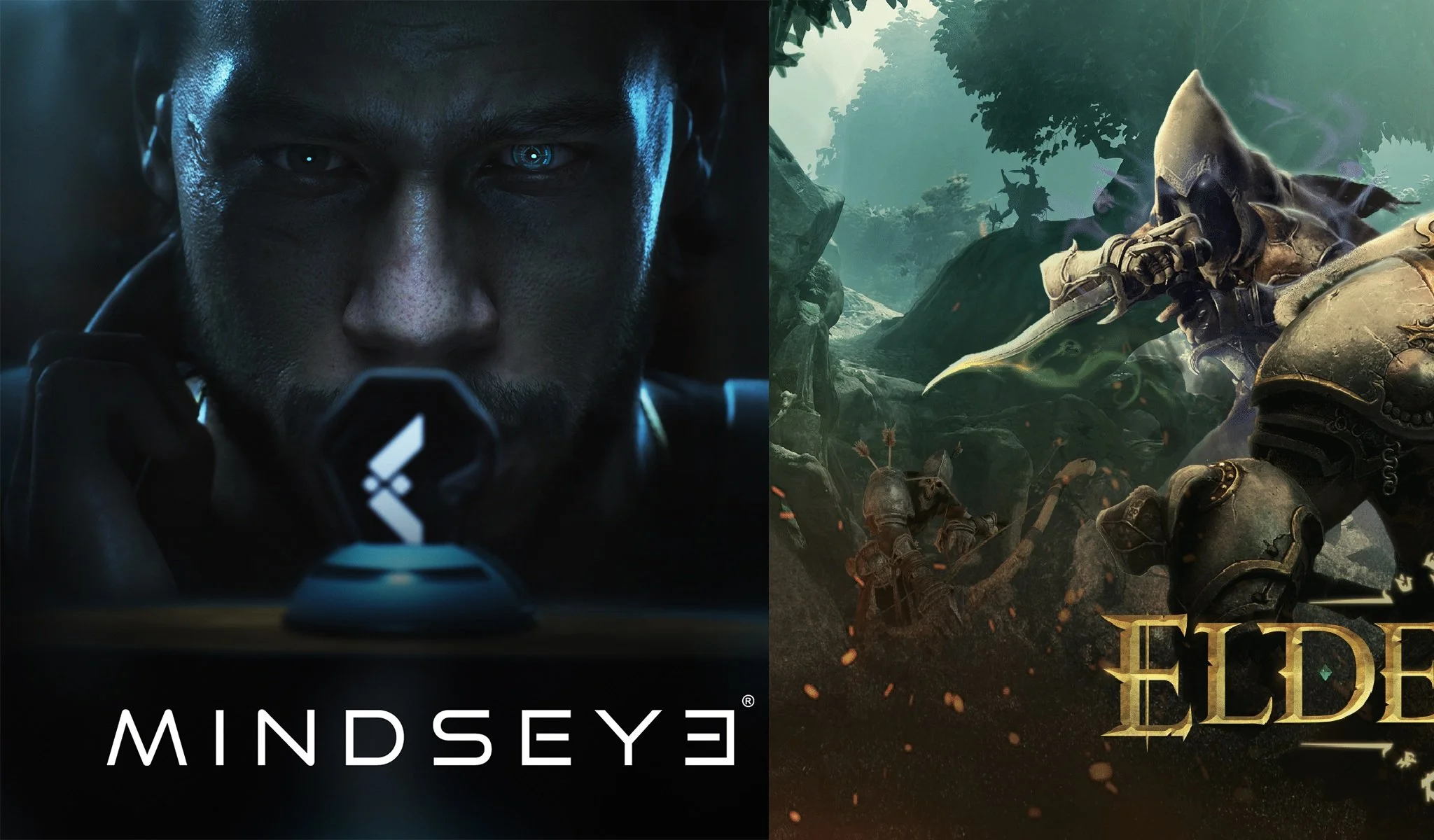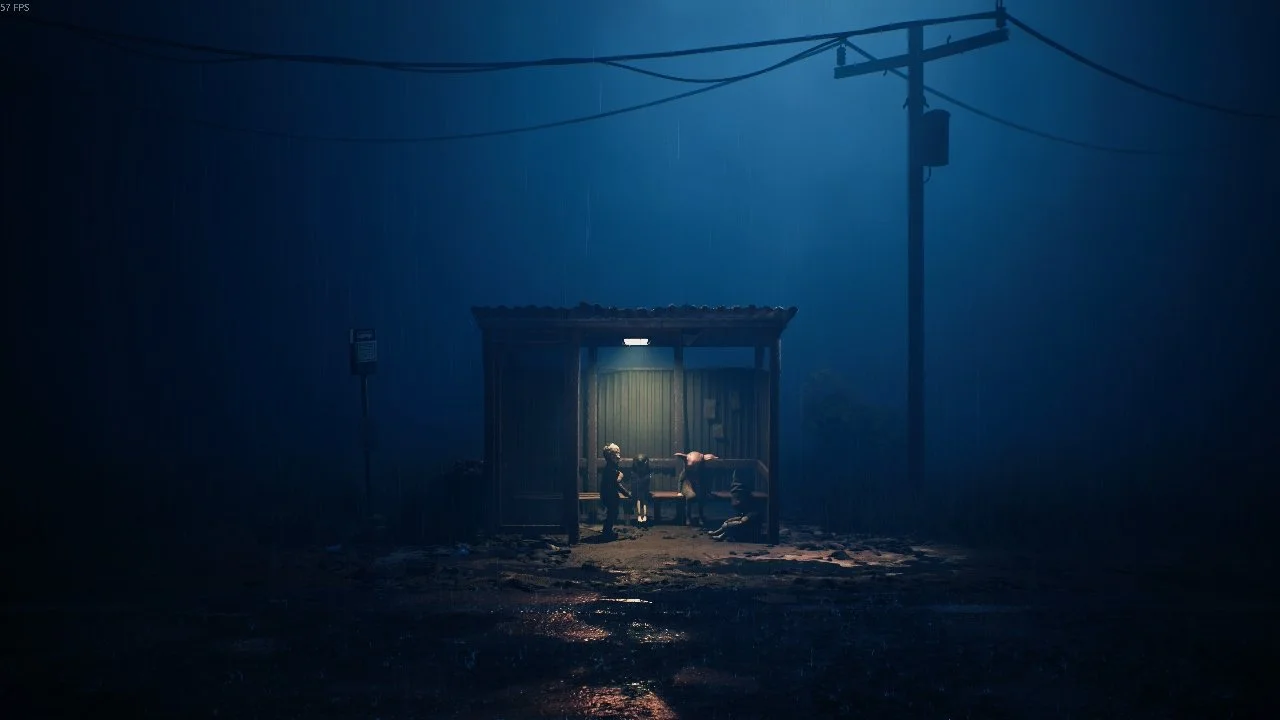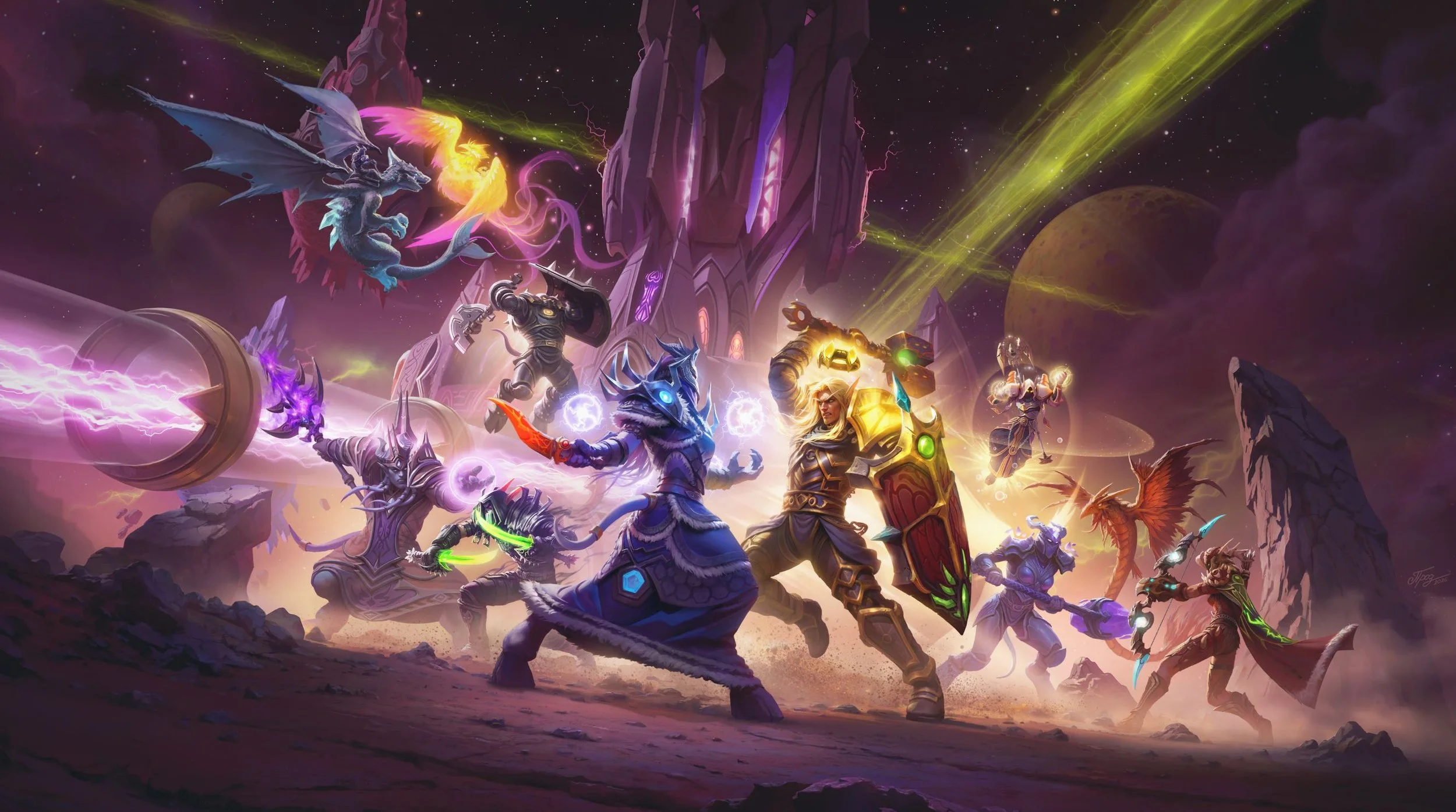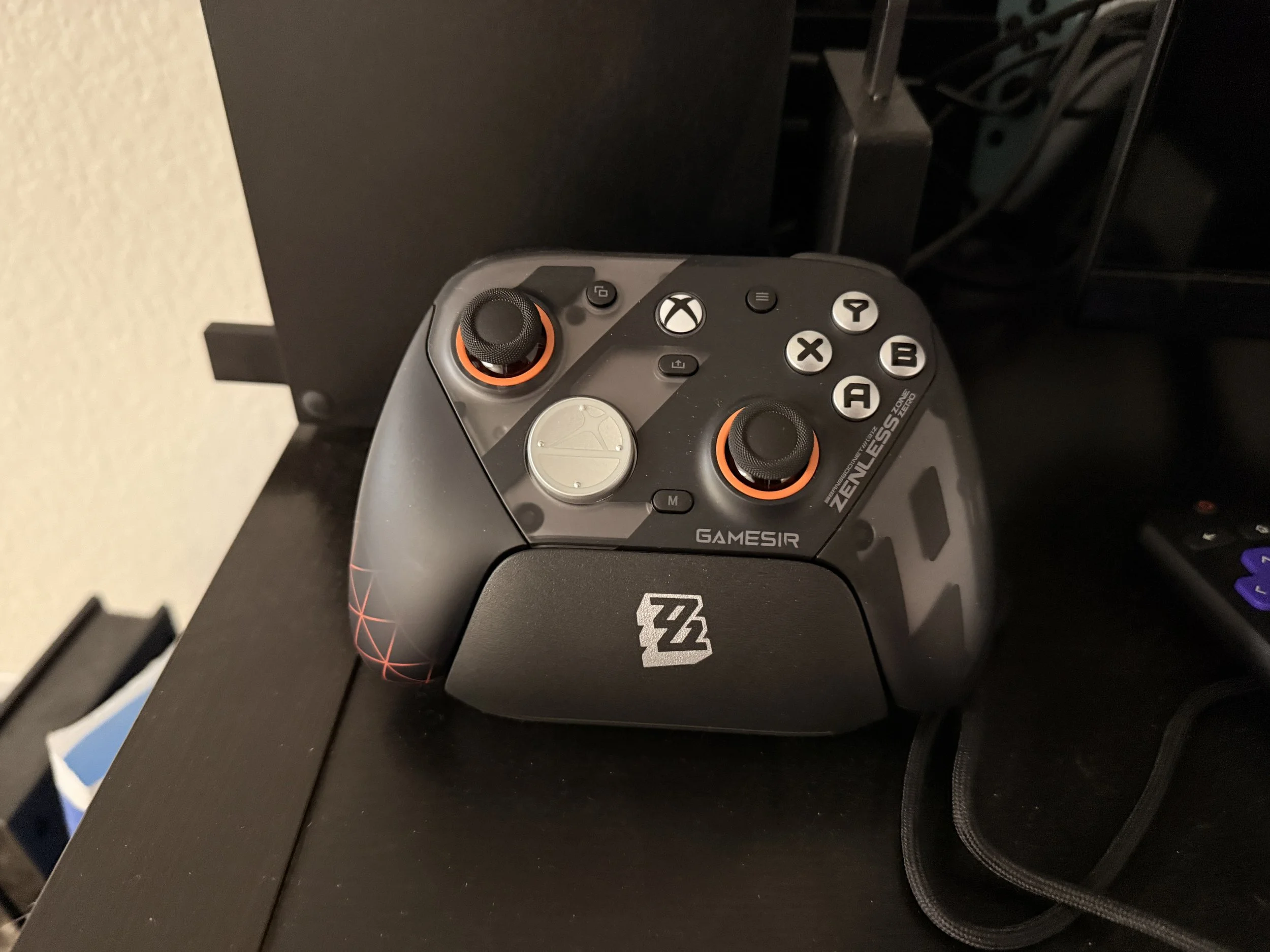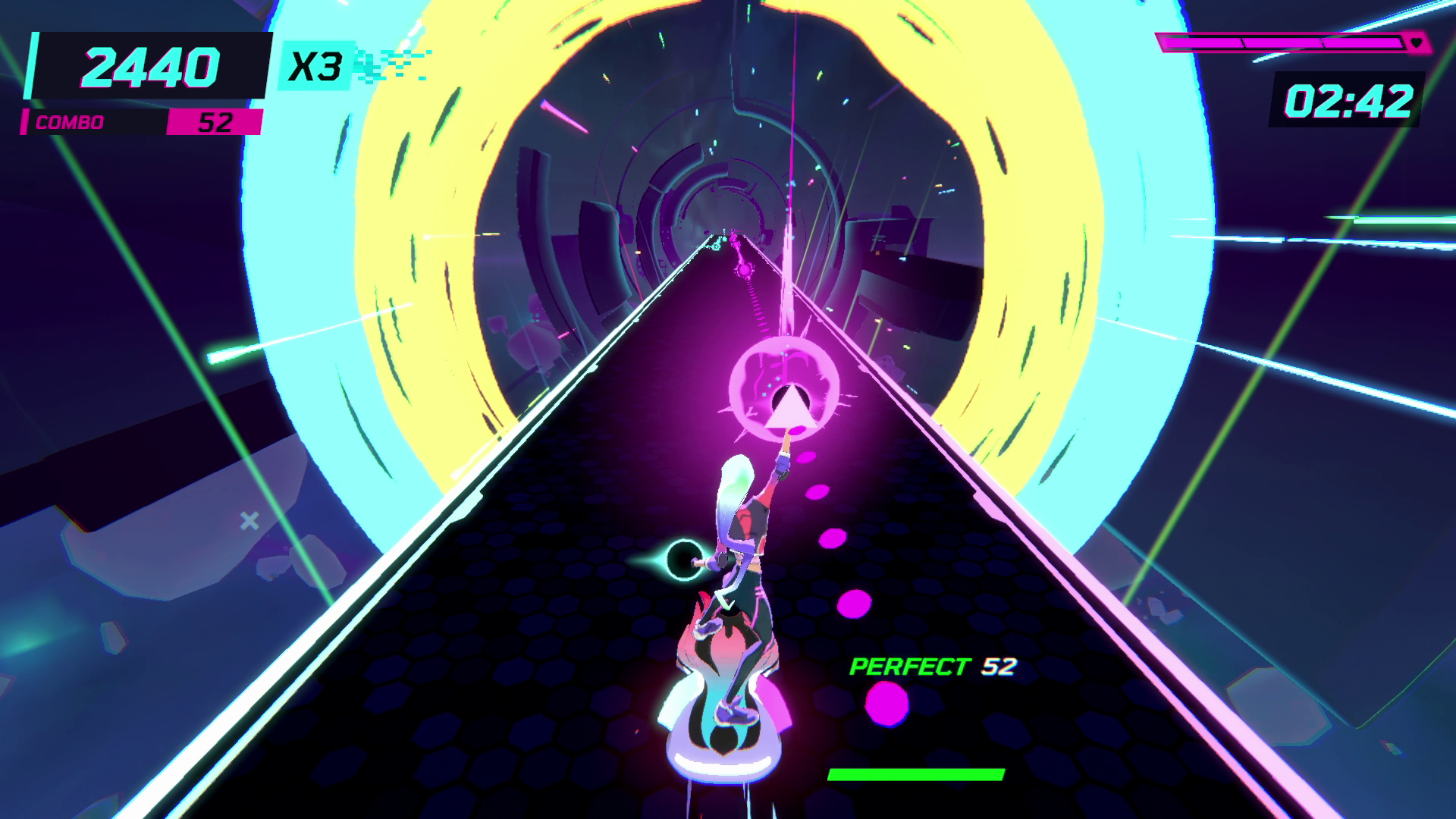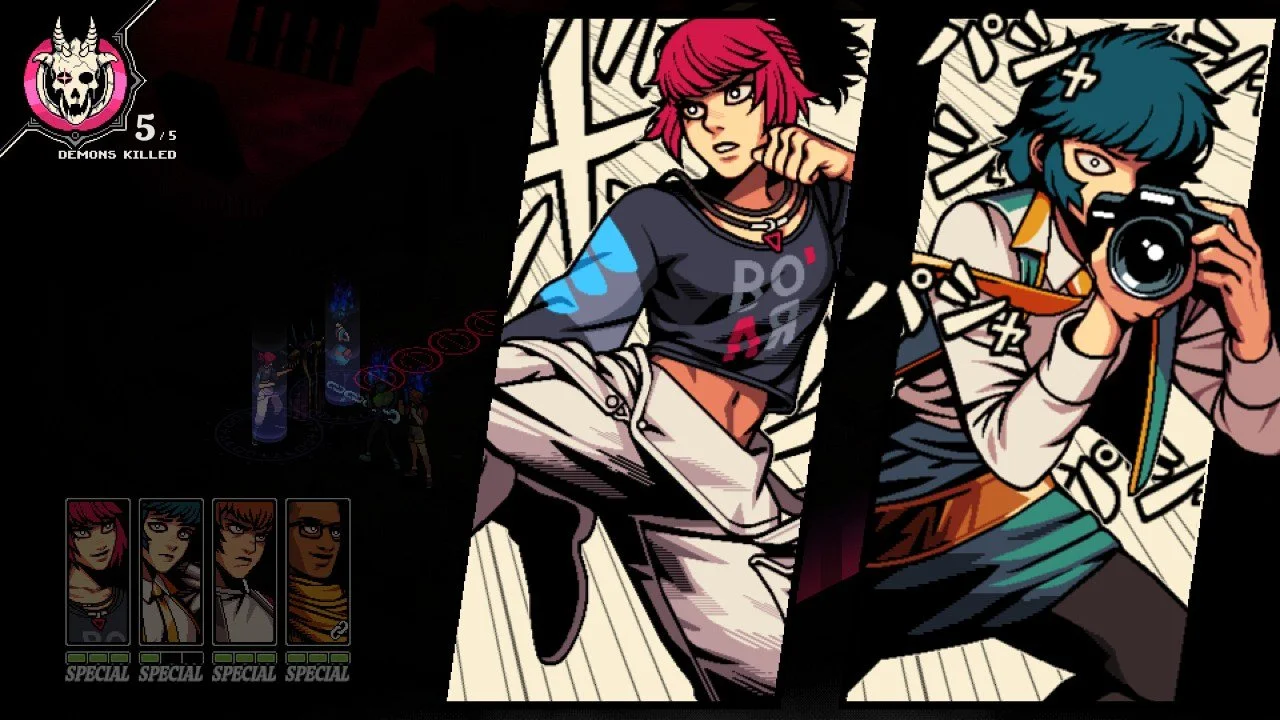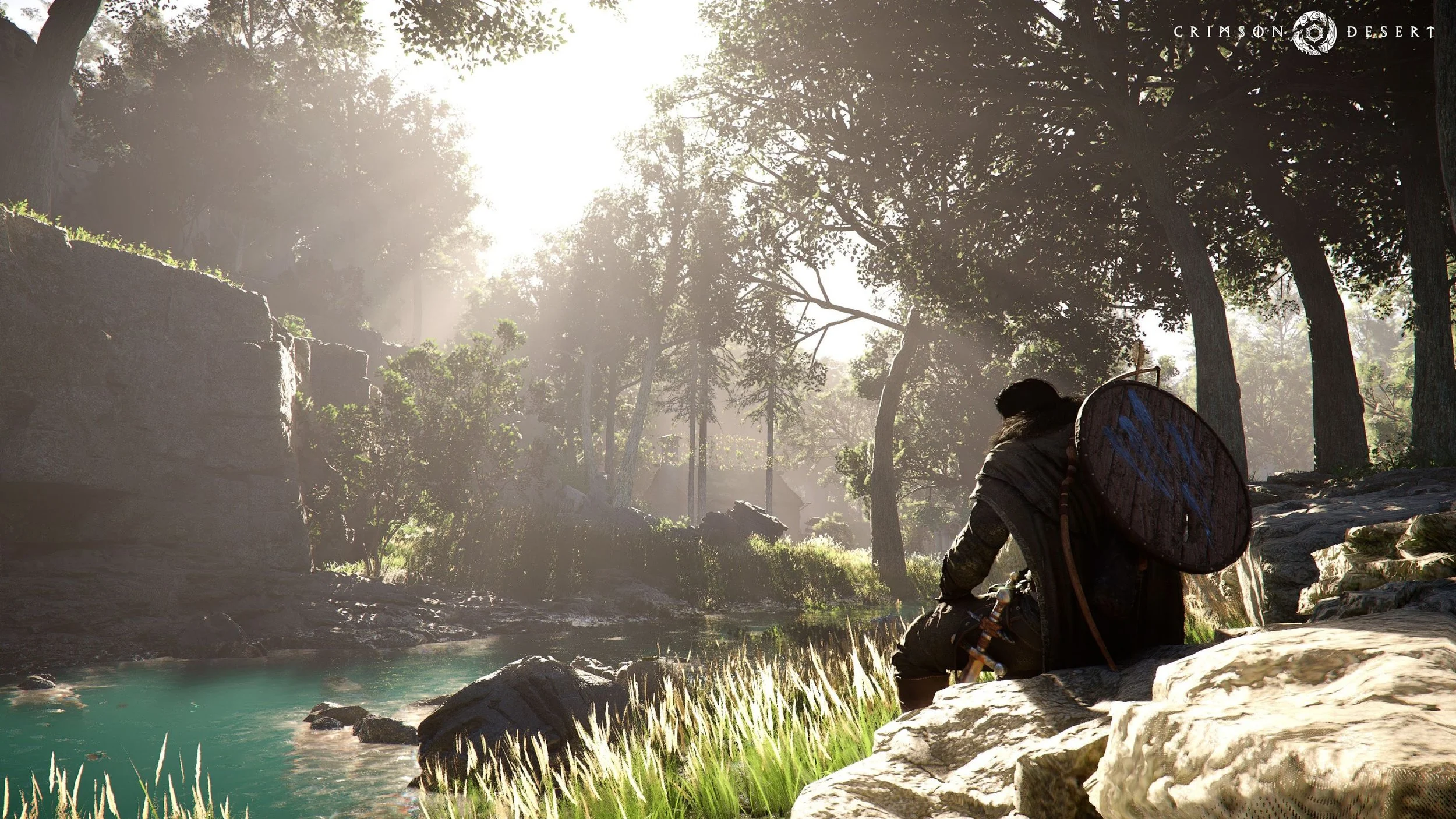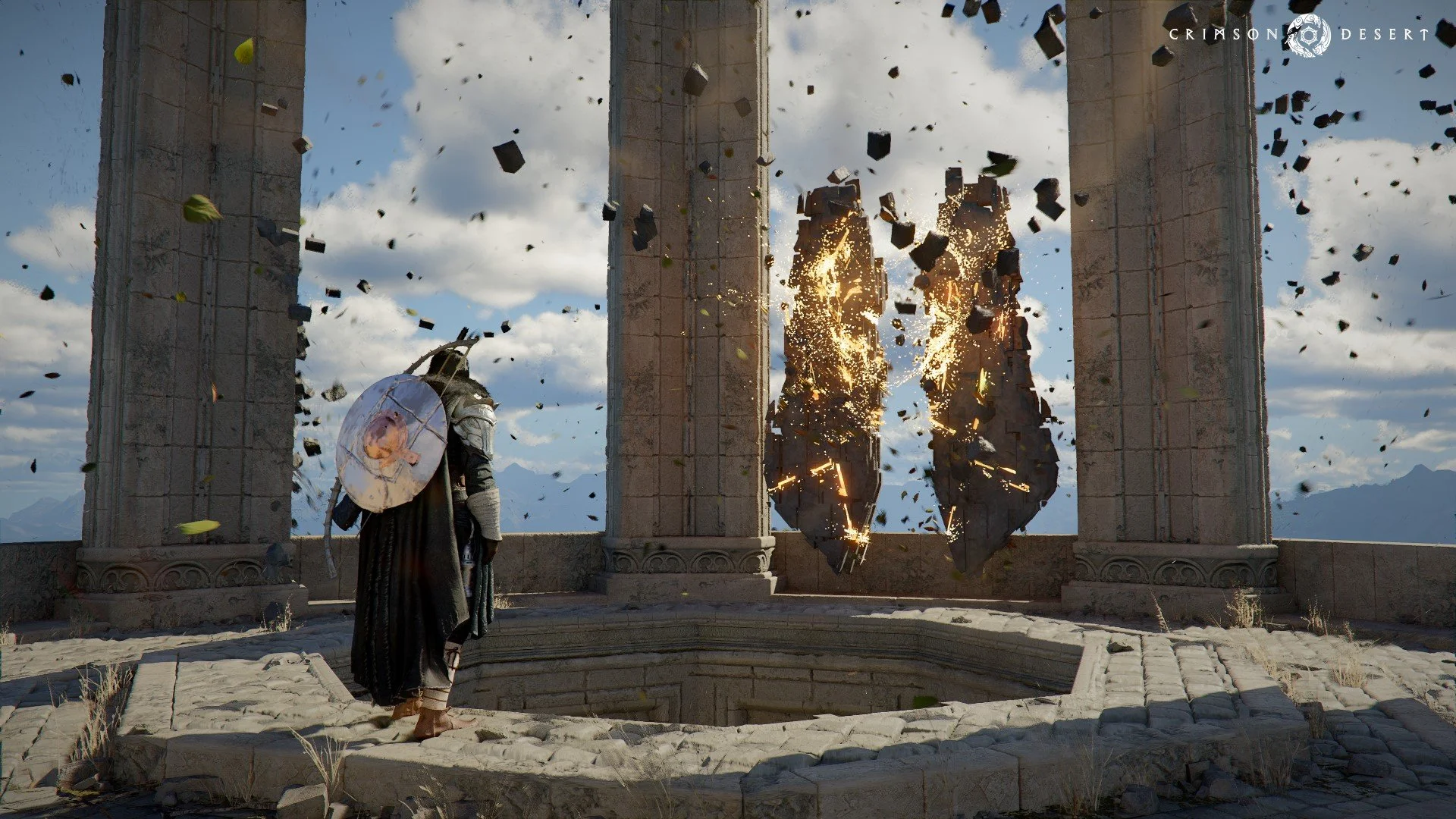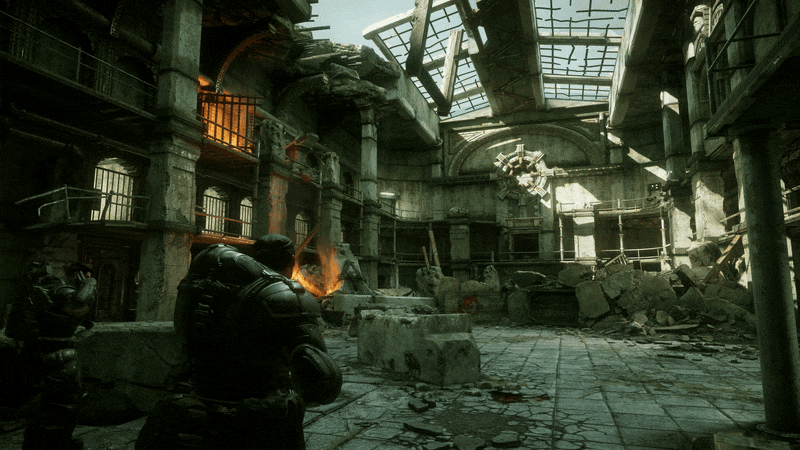Spoiler-Free Breakdown
Fallout is a TV adaptation of the popular video game series of the same name. But it doesn't retell existing stories but crafts a new narrative within the game's lore. I find this approach refreshing and well-executed.
The series weaves together multiple storylines, each with characters on their own missions that eventually intersect. Unlike typical plots that can feel expected when characters coincidentally meet, here, these encounters feel natural and add excitement, evoking more of an 'Oh sh*t they're back!' thrill than a predictable moment.
While there are moments that frustrate, where the characters' actions seem outrageous, it serves to highlight their unfamiliarity with societal norms. This portrayal of their naivety avoids making them seem deliberately foolish, maintaining a sense of authenticity.
One of the show's strengths is its comedic timing, essential for a franchise like Fallout that balances serious themes with humor. The humor is well-placed, drawing from the game's essence and adding a layer of enjoyment.
With recent improvements in video game adaptations, Fallout showcases how far the genre has evolved. The dedication of the cast and crew to honoring the source material is evident, making it a treat for fans and newcomers alike.
Film and Audio
When you think of Fallout, what's the first thing that comes to mind? The Radio. If that wasn't your answer, you might be thinking of a different game. Fallout boasts one of the most unique and instantly recognizable soundtracks in gaming history. There's something about trekking through the wasteland to tunes like 'I Don’t Want To Set The World On Fire' that just etches itself into our memories.
Naturally, they had to bring this iconic sound to the wasteland in the show. While I would have appreciated hearing these tracks more frequently, I also understand the importance of not overdoing it. When these songs do play, they enhance the scene rather than overshadowing it with the music.
The set designs and effects are top-notch, and with a budget of $153 million, they've certainly allocated their resources wisely. The wasteland truly feels desolate, and when characters are in a town, it's like stepping into the game itself. But the real standout? The vaults. They're incredibly well-designed, with a blend of dreariness and familiarity that draws you in. From the mundane yet comforting interiors to the artificial skies, every moment in the vault scenes make me want to step in and explore myself.
The special effects are top-notch. Prosthetics are applied with precision, avoiding an exaggerated appearance that would render them unrecognizable. Gruesome visual effects are tastefully executed, striking a balance between realism and restraint. They manage to evoke shock and awe without crossing into discomfort or excess. And let's not overlook the power armor—its practical effects are impressive. The armor conveys a sense of weight and power, adding to its realistic appearance.
Feedback
I don't have many complaints about this show; it feels well thought out, and you can sense the dedication and effort the cast put into honoring the source material. The effects are also respectable. However, one minor critique is that certain storylines may feel rushed due to the limited timeframe of 8 episodes. With so much ground to cover, 8 episodes can seem a bit short, but overall, I was pleasantly surprised.
Verdict
Silver screen adaptations of video games have come a long way, though they're not flawless yet. However, they've been improving significantly. The series adaptation of Fallout surpassed my expectations, both as a unique Fallout narrative and as a standalone storyline. What makes this series exceptional is that it's accessible to anyone, even those who haven't played the games before, as it stands on its own merits. I wholeheartedly recommend this series to everyone.









